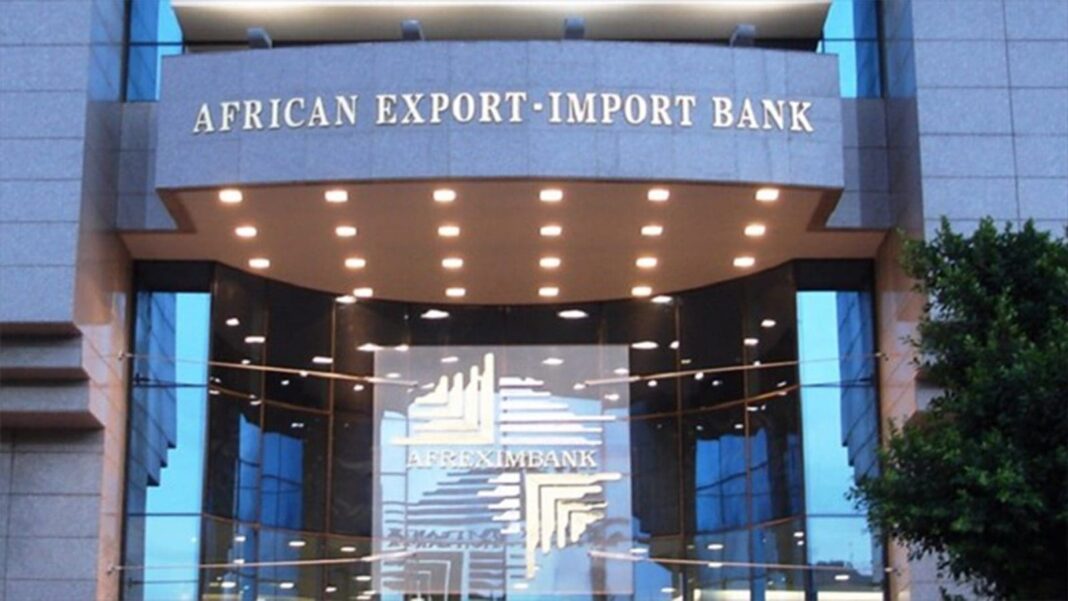Lokpobiri Urges Oil Majors to Invest or Lose Idle Assets
The proposed $5 billion Africa Energy Bank (AEB) is gaining traction as Nigeria, Angola, and Ghana have fulfilled their capital commitments, pushing the long-anticipated financial institution closer to its operational debut.
This milestone represents 44% of the required capital from member states of the African Petroleum Producers Organisation (APPO), signaling strong momentum toward establishing a homegrown solution to finance Africa’s energy ambitions.
APPO Secretary General, Dr. Omar Farouk Ibrahim, confirmed the development at the Congo Energy & Investment Forum, as noted in a release by the African Energy Chamber (AEC).
Bridging the Energy Financing Gap
The AEB was conceived to tackle the financing shortfall for oil and gas projects across Africa, especially as traditional Western institutions retreat from fossil fuel investments over climate concerns. Each of APPO’s 18 member countries was tasked with contributing $83 million, with a collective target of $5 billion in initial capital.
Apart from the three nations that have paid up, Algeria, Benin, Republic of Congo, Equatorial Guinea, and Ivory Coast have pledged their contributions. The bank is expected to launch operations in the first half of 2025, providing a new funding lifeline for African energy projects.


Nigeria, Angola, and Ghana Lead the Charge
Nigeria, Africa’s largest oil producer, continues to attract major investments despite global headwinds. According to the AEC, recent Final Investment Decisions (FIDs) include:
- TotalEnergies’ $550 million Ubeta Gas Field
- Shell’s $5 billion Bonga North Project
With the implementation of the Petroleum Industry Act (PIA), Nigeria has introduced sweeping reforms aimed at increasing transparency and investment incentives—though funding remains crucial to unlock the country’s full energy potential, especially in gas.
Angola is actively expanding its energy portfolio, driving massive projects such as:
- TotalEnergies’ $6 billion Kaminho Deepwater Project
- Eni’s Agogo West Hub
- A planned FID for a 600 MW green hydrogen project by 2025
- A $12 billion expansion of Angola LNG, alongside its first non-associated gas project via the New Gas Consortium


Ghana, meanwhile, is strengthening its energy sector with commitments from Eni and Tullow Oil, regulatory reforms, and infrastructure modernization efforts. Tullow is set to launch a new drilling campaign in May 2025, while Eni is deepening offshore operations.
AEB to Drive Energy Security and Growth
The AEC emphasized that the AEB is not just about capital—it’s about understanding Africa’s unique energy challenges. By offering tailored financial solutions, the bank is positioned to fast-track energy projects, bolster energy security, and stimulate economic growth across the continent.
As more member states finalize their contributions, the AEB is poised to become a transformative force in Africa’s energy landscape.
Nigeria to IOCs: The Time to Invest is Now
Amid this progress, Nigeria’s Minister of State for Petroleum Resources (Oil), Senator Heineken Lokpobiri, has urged International Oil Companies (IOCs) to scale up investments, asserting that Nigeria has created the right conditions for growth.
Speaking at the Cross Industry Group (CIG) meeting in Florence, Italy, Lokpobiri said Nigeria’s government has done its part—highlighting reforms and investment incentives such as the Executive Order promoting deepwater projects.
“The government has created an investment-friendly environment. Now, it’s up to the IOCs to respond with strategic investment decisions,” Lokpobiri said.
He also stressed the importance of supporting local refineries with steady crude supply as more facilities come online.

Warning on Idle Assets
Reaffirming the federal government’s commitment to ramping up production, Lokpobiri warned that idle oil assets will no longer be tolerated. He said provisions in the PIA’s “drill-or-drop” clause will be enforced to reclaim dormant fields.
“We cannot have assets lying fallow for decades. If you’re not ready to develop them, we’ll reallocate them to those who are,” he stated.
He urged companies to consider farm-out deals or shared infrastructure to maximize output while minimizing costs, rather than investing in entirely new infrastructure like FPSOs unnecessarily.
Industry Response
Osagie Okunbor, Chairman of the Oil Producers Trade Section (OPTS), praised the government’s direct engagement and efforts to improve the investment climate.
“The minister’s approach has provided clarity and motivation. We now have to respond with the same commitment to growth and production,” he noted.
With foundational capital secured and top-tier producers backing the project, the Africa Energy Bank is on course to reshape energy financing across the continent. Nigeria’s assertive push for increased oil sector investments, combined with enforcement of underused asset policies, marks a turning point in unlocking Africa’s vast energy potential.




